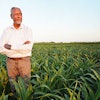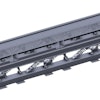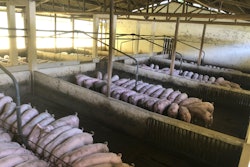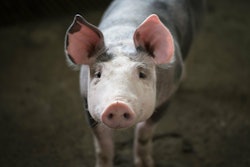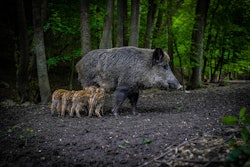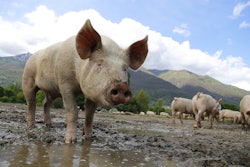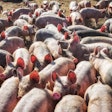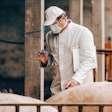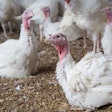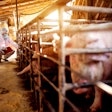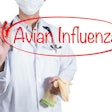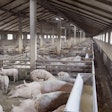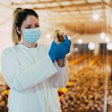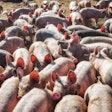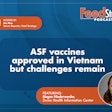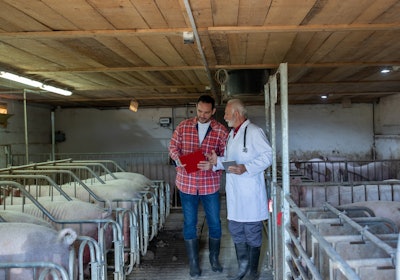
If and whenAfrican swine fever(ASF) becomes present in the United States, detecting it in a speedy manner might be difficult because of a short of veterinarians in the country.
To help alleviate that potential problem, the United States Department of Agriculture (USDA) Animal and Plant Health Inspection Service (APHIS) with collaboration with other entities, including the National Pork Board, has developed a certified swine sample collection training program. Dr. Lisa Bechton, director of swine health, National Pork Board, explained the value of that program while speaking at theWorld Pork Expoon June 7 in Des Moines, Iowa.
Part of the value of the program is that ASF is not necessarily an easy disease to detect and when pigs exhibit symptoms of ASF, the producer could pretty easily confuse it with something else.
“We know ASF is not going to be really easy to find, and we may have it here for a while because it can look like a lot of other diseases,” Bechton said. “So if there’s anybody that’s had a really hot PRRS outbreak, ASF can kind of look like that. If you’ve seen Salmonella in your barn, ASF can kind of look like that, so early detection and a path for diagnosis is really important.”
Becton said an ASF outbreak, according to one Iowa State University study, could cost the industry more than $7.5 billion over a ten-year period, so investing in preventative actions such as this one are necessary.
In the certified swine sample collection programs, laypeople are trained to become certified under the guidance of an accredited veterinarian to collect samples for foreign animal disease diagnosis.
“That’s a huge one because we know we don’t have enough vets, flat out, we don’t have enough vets to get samples,” she said. “This is intended to work with the state veterinarian in the state that you’re in. It gives us leeway to go out and get appropriate samples and not run out of manpower to get it done.”



